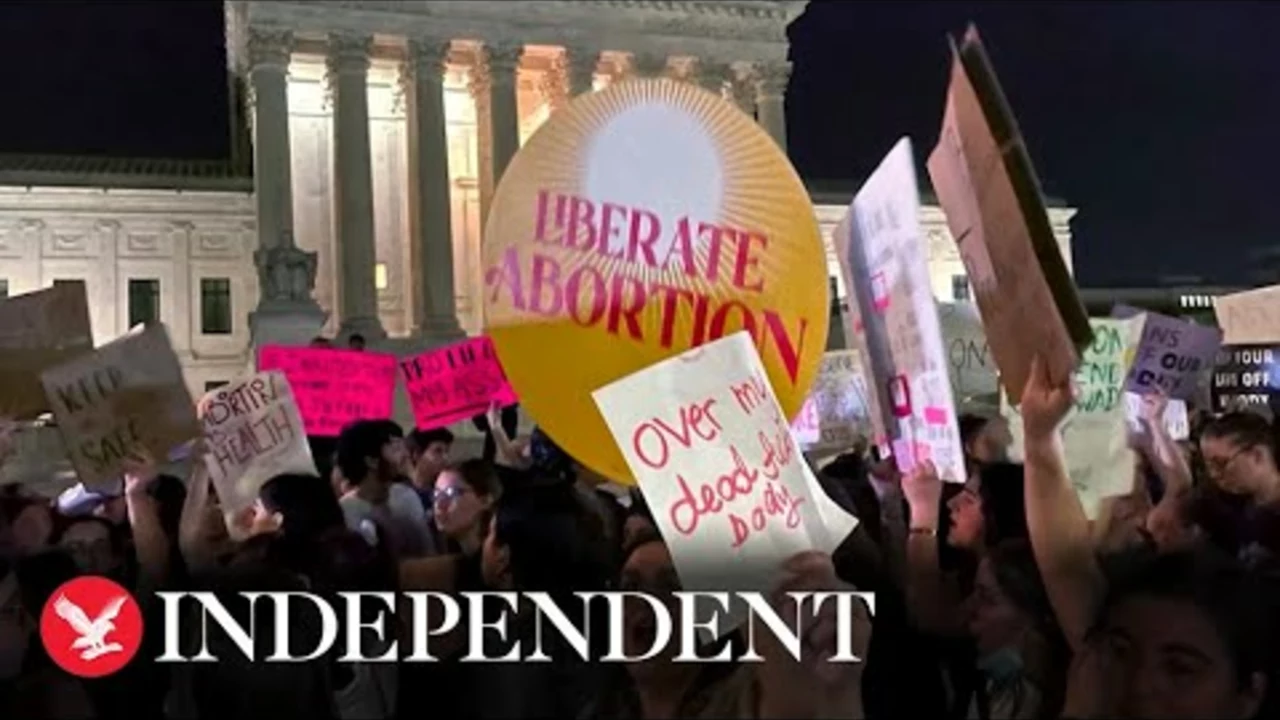Defining the Love-Hate Relationship with Tourists
As an American, I can't help but notice the love-hate relationship we have with tourists. On one hand, we appreciate the economic benefits they bring. On the other hand, we often find ourselves annoyed at the inconveniences they cause. So, do we secretly hate tourists? It's a complex question that requires a nuanced answer.
Understanding the Economic Value of Tourism
Tourism is a major contributor to our economy. Tourists, whether domestic or international, bring in billions of dollars every year. They shop in our stores, eat in our restaurants, and stay in our hotels. Their spending supports businesses and creates jobs. It's hard to hate something that brings so much value to our communities.
Recognizing the Cultural Exchange
Then there's the cultural exchange. Tourists often come from different parts of the world, bringing with them their customs, traditions, and perspectives. This cultural diversity can enrich our own understanding of the world and broaden our horizons. It’s a wonderful way to celebrate global unity and diversity right in our own backyard.
Dealing with the Inconveniences
However, there are indeed inconveniences that come with tourists. They crowd our cities, congest our roads, and sometimes disrespect our local customs. It can be frustrating when your favorite park is filled with selfie-taking visitors or when you can't get a table at your favorite restaurant because it's packed with tourists. This is where the 'hate' part of the relationship can stem from.
Perceiving the Environmental Impact
There's also the environmental impact. Tourism can lead to pollution, waste, and damage to natural habitats. As we become more conscious of our environmental footprint, it's natural to feel some resentment towards practices that seem to disregard these concerns. It's not necessarily the tourists we hate, but the negative consequences of tourism.
Feeling the Strain on Infrastructure
Infrastructure strains are another issue. Our roads, public transport, and facilities can only handle so much. When these are overwhelmed by tourists, it can lead to degradation and inconvenience for locals. It's not a secret that seeing our hometowns change due to tourism can stir up mixed feelings.
Comparing the Attitudes across Different States
Attitudes towards tourists can also vary by state. In some places where tourism is a major industry, locals might be more welcoming. In others where residents prize their peace and quiet, the influx of tourists might not be as warmly received. Understanding these regional differences is key to addressing the question at hand.
Weighing the Pros and Cons
So, do we secretly hate tourists? It's more accurate to say that we have a complex relationship with them. We appreciate the benefits they bring, but we're also aware of the drawbacks. It's a delicate balance that requires careful management.
Striking a Balance: Sustainable Tourism
Striking this balance might mean advocating for sustainable tourism. This approach promotes responsible travel practices that minimize negative environmental and cultural impacts while maximizing economic benefits. It's about finding a way for tourism to coexist harmoniously with local communities and the environment.
Conclusion: The Complexity of Feelings towards Tourists
In conclusion, it's not accurate or fair to say that the majority of Americans secretly hate tourists. We have a complex, nuanced relationship with them that encompasses both appreciation and frustration. By acknowledging this complexity, we can work towards a more harmonious relationship with the tourists who visit our beautiful country.
